September 20, 2022
Responsible autonomy: Key to character development and student leadership

Natalia Tomás Navarro
Head of Sixth Form
Responsible autonomy and character: the foundation for a sustainable world
In preparation for our fourth Global Be Well Day, and coinciding with the visit of Rachel Musson—who will work with our Sixth Formers on Leadership—I would like to share some reflections on the work we already carry out at ELIS Villamartín to promote character development and responsible autonomy in students at ELIS Villamartín.
ThoughtBox Education presents an inspiring model to regenerate education with a clear objective: building a more sustainable future. Addressing urgent global challenges such as mental health, social inequity, and climate change, the organisation seeks to assist schools in empowering students to:
- Build emotional resilience in students.
- Strengthen human and community relationships to promote social equity.
- Act consciously towards the planet.
I am very much looking forward to finding new ways to increase awareness amongst young adults in Sixth Form to move forward and help them become much more ready to face the challenges of a fast-changing world.
Our group of schools at Cognita have undoubtedly invested in wellbeing for many years now, putting it at the core of our philosophy. Nonetheless, how do we help students on a day-to-day basis?
Promoting responsible autonomy through wellness and curriculum
Responsible autonomy is at the core of the curriculum we offer here, getting students involved, empowering them and helping them make choices and what to do with these choices is our day-to-day business.
There are several examples of students who despite having chosen certain academic subjects to study during their two years in Sixth Form, they have also been given the opportunity to continue to develop their talents and abilities in the creative arts during:
- Assemblies
- School events
- Community service
One of our most recent graduates, Danna Gil, has ultimately chosen to study a career in Popular Music Performance in London.
We prioritise students’ emotional and social learning needs, and we assure goal-setting conversations on an individual basis to achieve the best possible guidance for our students.
For this purpose, we have used for years an academic profile and mentoring system, which has allowed us to guide and advice students meeting their individual academic and pastoral needs.
Responsible autonomy and experience: a powerful combination
Subject teachers, tutors and myself team-work daily to make sure all of our students get involved in our community and benefit from the skills they learn.
We have developed two work experience programmes for this sole purpose over the course of the last 15 years:
- ELIS Challenge (in-house work experience tasks): allows students the opportunity to contribute, assist staff and develop skills whilst working around school. One live example of how inspiring and useful this has been over the years is our current classroom assistant in Early Years, Priyasha Cangi, who during her time as a student in Sixth Form spent several hours a week in ELIS Challenge working with children in Reception.
- External Work Experience Week: our first-year students, also spend a week outside of school in a local company also experiencing and growing in a real work environment. Our former student David de Gea, graduated in Economics and International Business and currently he successfully runs his own Real state agency in Madrid. He spent his work experience week working in the local newspaper and now a days he collaborates with us in taking in students to spend their work experience week at his company.
These experiences strengthen responsible autonomy, providing real-world insight and leadership development.
Leadership with responsible autonomy for a more sustainable world
Recently the United Nation’s SDGs (Sustainable Development Goals) have provided my department with the perfect chance to immerse students further into finding ways to take action, in regards to the environment, but also to contribute to the whole school community presenting assemblies and working in projects. Therefore, this young people are proving their skills when developing viable ideas which may help our world reach these goals before 2030.
Our Year 13 student, Tatiana Slukina, as an example of it, has this summer taken this further by taking part in an independent challenge at the Global Social Leaders World Catalyst 2022. His involvement perfectly illustrates how responsible autonomy can go beyond the classroom and become a driver of social and environmental change.
Tatiana has received certification of the completion of this online initiative, where she has worked with students from all over the world and been a perfect student ambassador, and example, of the work we do with students at ELIS Villamartin.
Conclusion
At ELIS Villamartín, we know that the world needs leaders who are capable of adapting, making ethical decisions and acting sustainably. That is why we are committed to education that develops character, leadership and responsible autonomy. We seek to educate resilient, conscious individuals who are capable of actively contributing to their community.
References
ELIS Villamartín. (n.d.). Alumnus of the Third Term 2018-19. https://elisvillamartin.com/alumnus-year/david-de-gea-alumnus-of-the-third-term-2018-19/
ELIS Villamartín. (n.d.). University and career guidance. https://elisvillamartin.com/en/university-and-career-guidance/
Musson, R. (n.d.). Rachel Musson: Home. https://rachelmusson79.com/
ThoughtBox Education. (n.d.). Education for a Sustainable Future. https://www.thoughtboxeducation.com
